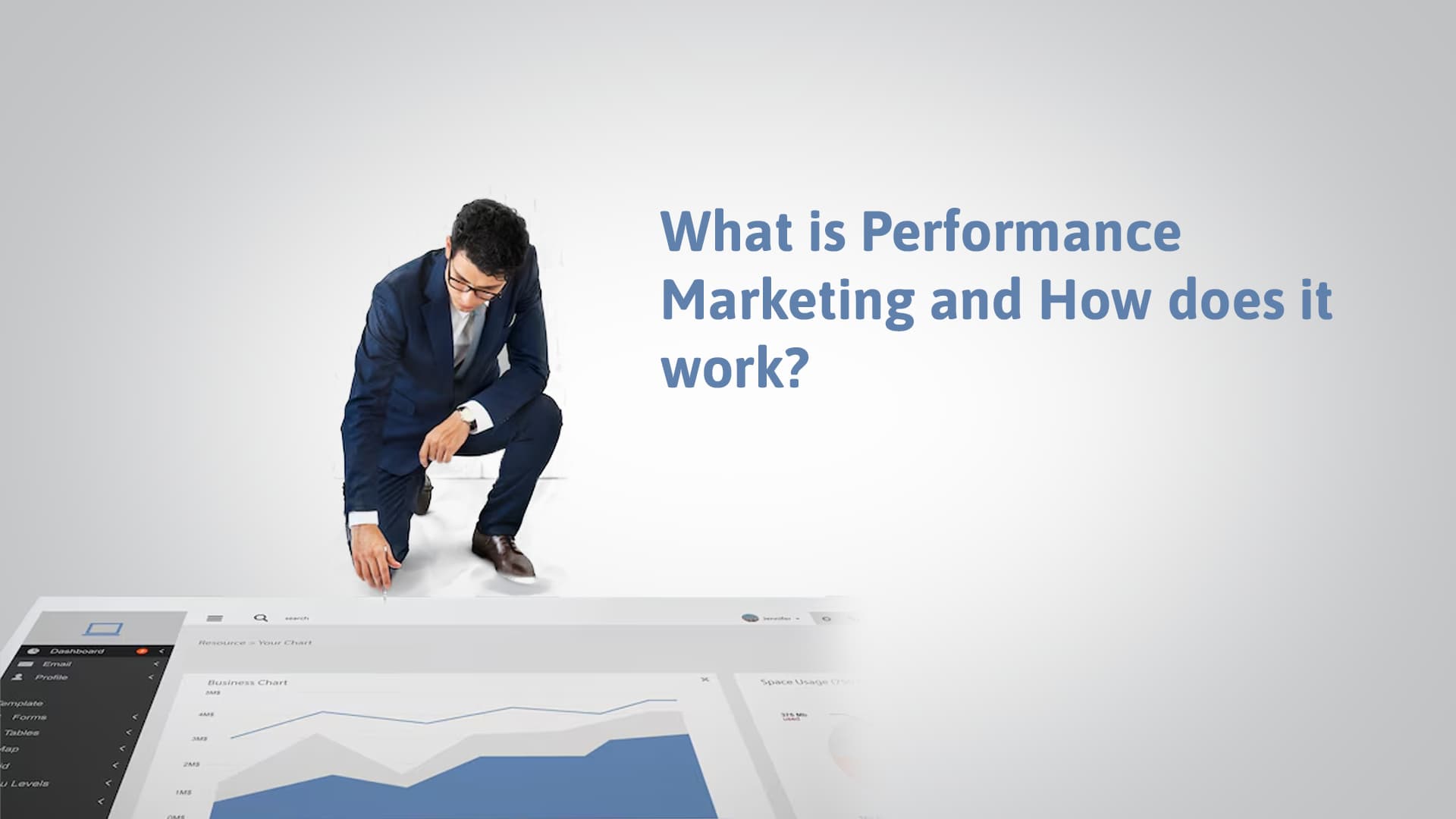What is Performance Marketing?
Performance marketing is a results-based approach to marketing that enables advertisers to pay only when a specific action is completed. These actions can include a completed lead, sale, booking, or another type of conversion. This model contrasts with traditional advertising, which often requires payment based on exposure or the number of impressions.
Key Components of Performance Marketing
- Affiliate Marketing: Involves third-party influencers (affiliates) promoting a product or service. Payment is based on the completion of specific actions like sales or registrations.
- Search Engine Marketing (SEM): Includes both paid search (like PPC advertising) and organic strategies (like SEO) that help drive traffic and conversions.
- Social Media Advertising: Utilizes platforms like Facebook, Instagram, and Twitter, where advertisers pay based on user actions derived from ads.
- Native Advertising: Involves ads that match the look and feel of the content that they appear with. They are less intrusive and, ideally, lead to higher engagement rates.
- Email Marketing: Targeted emails sent to a specific audience to help convert leads into sales or repeat customers, typically through personalized offers.
How Performance Marketing Works
Performance marketing involves several key players: the advertiser, the publisher (or affiliate), and often an intermediary or network that connects advertisers with publishers. Here’s how it typically unfolds:
- Campaign Setup: The advertiser sets the campaign’s parameters, including the desired action and the payout for achieving it.
- Execution: Publishers or affiliates promote the product or service using their channels, striving to convert their audience into paying customers for the advertiser.
- Tracking and Attribution: Utilizing technology to track which actions were completed and which affiliate or channel drove the action.
- Payment: Once the action is verified, the advertiser pays the agreed-upon fee.
Advantages of Performance Marketing
- Cost-Effectiveness: Advertisers pay only for successful transactions or leads, making it a low-risk, high-reward strategy.
- Measurability: Every aspect of a performance marketing campaign can be measured, from clicks and impressions to conversions, allowing for highly accurate ROI calculations.
- Flexibility: Advertisers can adjust campaigns in real time to optimize performance based on real-time data.
Challenges in Performance Marketing
- Fraud: The dependence on digital tracking can make performance marketing vulnerable to fraud, such as fake clicks or misleading reporting.
- Quality of Traffic: Not all actions are created equal. For instance, a lead may not necessarily translate into a quality customer.
- Dependency on Technology: Effective tracking and attribution require sophisticated technology, which can be a barrier for some businesses.
Future of Performance Marketing
As digital landscapes evolve and more tracking capabilities become sophisticated, performance marketing is expected to become even more prevalent. Innovations like AI and machine learning are enhancing predictive analytics, allowing for more effective targeting and optimization of campaigns.
Conclusion
Performance marketing services offers a strategic advantage by aligning advertising costs directly with results. For businesses looking for a tangible return on investment, it provides a clear pathway to measure success and optimize marketing expenditures.




